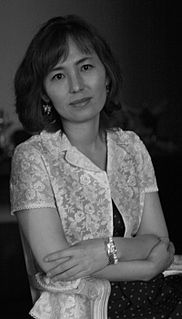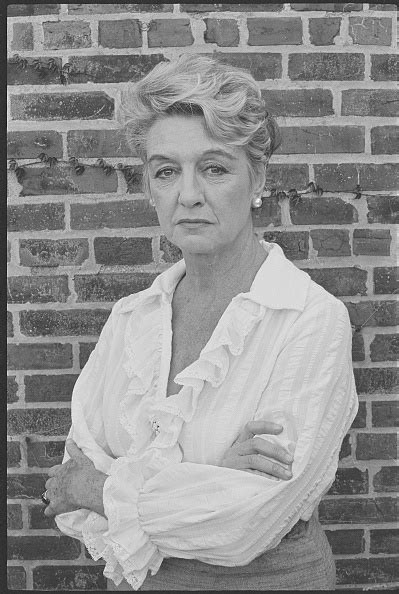A Quote by Max Stirner
The State practices "violence," the individual must not do so. The state's behavior is violence, and it calls its violence "law"; that of the individual, "crime".
Related Quotes
We must realize that violence is not confined to physical violence. Fear is violence, caste discrimination is violence, exploitation of others, however subtle, is violence, segregation is violence, thinking ill of others and condemning others are violence. In order to reduce individual acts of physical violence, we must work to eliminate violence at all levels, mental, verbal, personal, and social, including violence to animals, plants, and all other forms of life.
I must remind you that starving a child is violence. Suppressing a culture is violence. Neglecting school children is violence. Punishing a mother and her family is violence. Discrimination against a working man is violence. Ghetto housing is violence. Ignoring medical need is violence. Contempt for poverty is violence.
Given the racist and patriarchal patterns of the state, it is difficult to envision the state as the holder of solutions to the problem of violence against women of color. However, as the anti-violence movement has been institutionalized and professionalized, the state plays an increasingly dominant role in how we conceptualize and create strategies to minimize violence against women.
You cannot cheat with the law of conservation of violence: all violence is paid for, and for example, the structural violence exerted by the financial markets, in the form of layoffs, loss of security, etc., is matched sooner or later in the form of suicides, crime and delinquency, drug addiction, alcoholism, a whole host of minor and major everyday acts of violence.
I'm so sick of seeing guns in movies, and all this violence; and if there was going to be violence in Pines, I wanted it to actually be narrative violence. I wasn't interested in fetishizing violence in any way of making it feel cool or slow-motion violence. I wanted it to be just violence that affected the story.







































